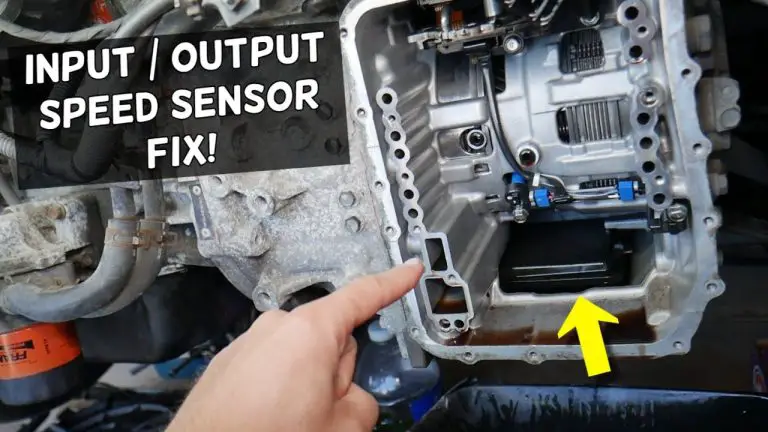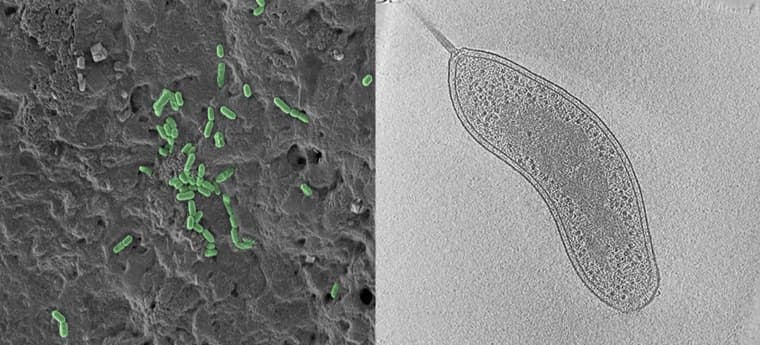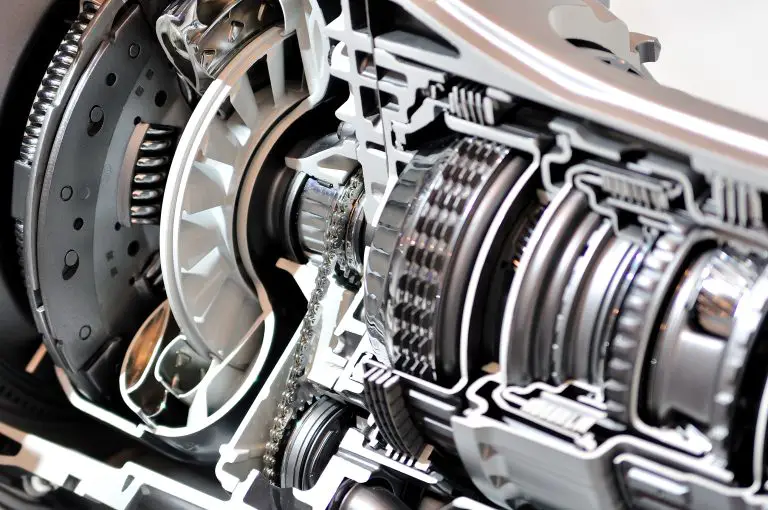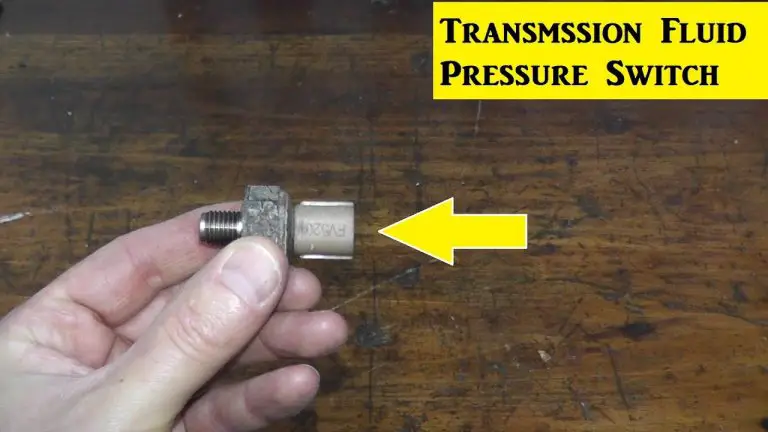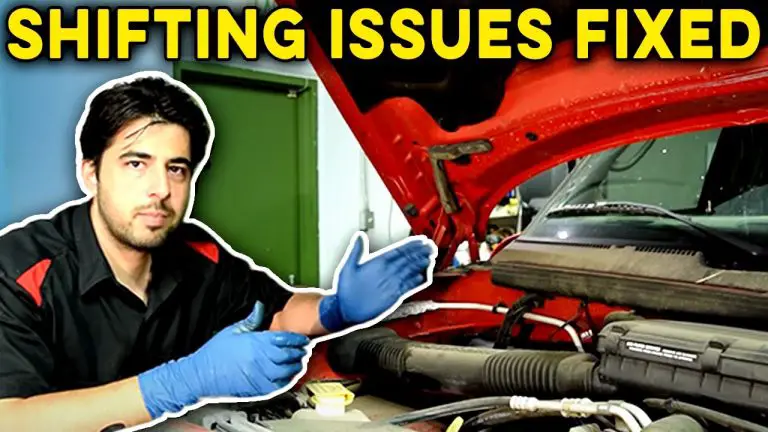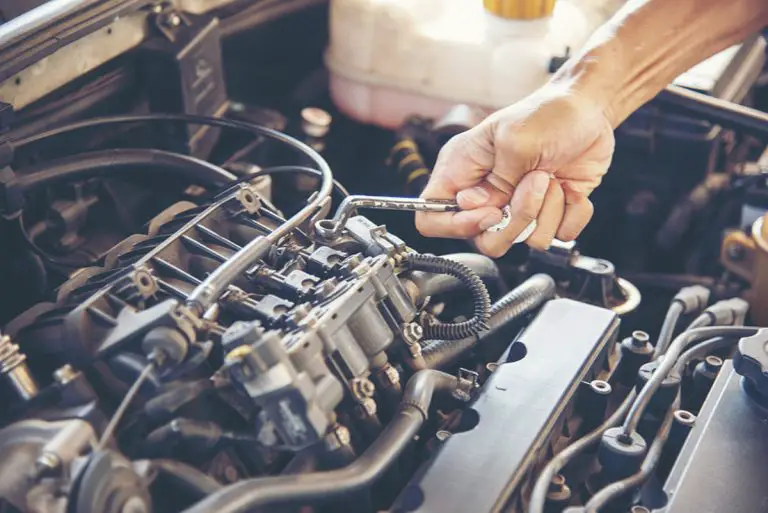Will a Transmission Flush Hurt My Car
A transmission flush is a process which involves draining old, contaminated fluid from your vehicle’s transmission and replacing it with fresh, new…
A transmission flush is a process which involves draining old, contaminated fluid from your vehicle’s transmission and replacing it with fresh, new fluid. In general, a transmission flush should not hurt your car if it is done properly by an experienced mechanic. However, if the technician uses incorrect procedures or does not follow manufacturer guidelines then there can be problems.
It is important to remember that some vehicles do not require regular flushes and too much fluid change could cause damage to seals and other components of the system. Additionally, make sure you use only quality fluids in order for the system to work properly.
A transmission flush is a necessary part of car maintenance for many cars, but some people worry that it may be harmful to their vehicle. In reality, most transmissions do not suffer any harm from a flush as long as the procedure is done correctly. There are certain situations when an experienced technician should avoid performing a flush on your car, so make sure you consult with them before having one performed.
Can Changing your Transmission Fluid Cause Damage?
Signs You Need a Transmission Flush
One of the key signs that you may need a transmission flush is if you notice your vehicle shifting gears harder than normal or slipping out of gear. Additionally, if you experience jerky shifts while driving, delayed shifts when accelerating, leaking fluids from the transmission area or strange noises coming from your engine, these all could be indications that it may be time for a transmission flush.
Should I Get a Transmission Flush Or Change
When it comes to transmission maintenance, one of the most important services you can do for your vehicle is either a transmission flush or change. A flush involves completely draining and replacing all of the old fluid from the system with new, fresh fluid. This helps keep contaminants from building up in your system.
A change means that some but not all of the existing fluid will be removed and replaced with fresh fluid. Both flushes and changes can help ensure that your vehicle’s transmission continues to function properly for years to come. Ultimately, what type of service you choose should depend on how long it has been since your last transmission service as well as any other problems present in your vehicle at this time.
300,000 Miles Never Changed Transmission Fluid
It is possible to drive up to 300,000 miles without changing your transmission fluid, but it is not recommended. Over time, the friction from normal wear and tear will cause the fluid to break down and become contaminated with dirt particles that can damage internal components of the transmission. In order for your vehicle’s transmission to remain in proper working condition for as long as possible, it is important that you change the fluid every 50-100 thousand miles or so.
Should I Change My Transmission Fluid If It’S Never Been Changed
Yes, it’s important to change your transmission fluid even if it has never been changed before. Over time, the transmission fluid can become contaminated with dirt, sludge and other particles which can cause problems for your car’s transmission system. Regularly changing your vehicle’s transmission fluid will help prolong its life and keep it running smoothly.

Credit: www.youtube.com
Can Doing a Transmission Flush Cause Problems?
When it comes to transmission flushes, there are many opinions out there on whether or not they can cause problems. On one hand, some experts believe that a transmission flush can help prolong the life of your vehicle’s transmission by removing old fluid and replacing it with fresh fluid which lubricates the components and prevents wear and tear. However, others argue that performing a transmission flush too often or using the wrong type of fluid could actually lead to more problems down the line due to debris being stirred up in the system.
Ultimately, it is best to consult with an experienced mechanic who can advise you on whether or not doing a transmission flush would be beneficial for your particular make and model of car.
Is It Better to Flush Or Change Transmission Fluid?
When it comes to your car’s transmission fluid, you have a choice between flushing and changing the fluid. While both options will keep your vehicle running smoothly, there are pros and cons to consider when deciding which action is best for your car.
Flushing involves removing all of the old transmission fluid from the system and replacing it with new oil.
This can be done by either draining out the pan or using an automated flusher machine that siphons out all of the old fluid while simultaneously adding clean oil. The advantage of this method is that it removes any debris or buildup in the system, allowing for optimal performance levels. Additionally, because only fresh oil is being added back into the engine, there is less risk of damage occurring due to aging fluids or contamination.
However, flushing also tends to be more expensive than simply changing out existing fluids as it requires more labor time and additional materials such as cleaner additives or special tools used during servicing.
Alternatively, you can choose to just change out your current transmission fluid without going through a full flush process. This option involves draining some but not all of the existing oil while simultaneously replenishing it with fresh material; this helps reduce engine strain caused by dirty oils while still leaving some older lubricant in place for protection against wear-and-tear on metal components inside your car’s powertrain system.
Additionally, since no specialized tools are required for a simple drain-and-fill service job like this one – nor does this require extra cleaning chemicals – its cost tends to be much lower than opting for a complete flush procedure instead .
In general then , if you’re looking for better overall performance levels from your vehicle then investing in a full flush may be worth considering; however if you’re mainly aiming at maintaining basic upkeep without breaking the bank then doing only an occasional drain/refill service would likely suffice .
Should You Ever Do a Transmission Flush?
When considering a transmission flush, it is important to weigh the positives and negatives of this service. On one hand, a transmission flush can help remove dirt and debris that have built up over time in your vehicle’s fluid system, improving its performance. Additionally, many modern transmissions require special fluids that are not always readily available; performing regular flushes will ensure that your vehicle has the correct type of fluid.
However, depending on the condition of your car’s transmission as well as how often you intend to drive it going forward, there may be times when a flush isn’t necessary or even beneficial for your vehicle’s health. For example: if you don’t plan on driving regularly after getting the flush done or if your car’s transmission is already in good working order with no signs of wear and tear then a flush might be unnecessary at best and potentially damaging at worst. Ultimately, whether or not you should ever do a transmission flush depends heavily upon individual circumstances – so make sure to consult an experienced mechanic before making any decisions about servicing your car!
When Should You Not Get a Transmission Flush?
When it comes to maintaining your vehicle, a transmission flush isn’t always necessary. A transmission flush is an intensive cleaning of the internal components of your transmission system and should only be done when absolutely necessary. If you have been experiencing issues with your transmission such as slipping gears, jerking movements or leaking fluid then a flush may be beneficial.
However, if these symptoms haven’t presented themselves and you are simply looking to maintain the health of your car then there are other alternatives that do not require a complete overhaul. Generally speaking, unless recommended by a certified mechanic due to suspected mechanical failure or damage in the system, getting a transmission flush is unnecessary and can potentially cause more harm than good if performed too often over time.
Conclusion
In conclusion, a transmission flush can be beneficial for your car, however it is important to weigh the potential risks of damage against the potential benefits. It is also important to make sure that you are using an experienced mechanic or technician and that they are using quality fluids and lubricants when performing a transmission flush. If done correctly, a transmission flush should not cause any harm to your vehicle.


